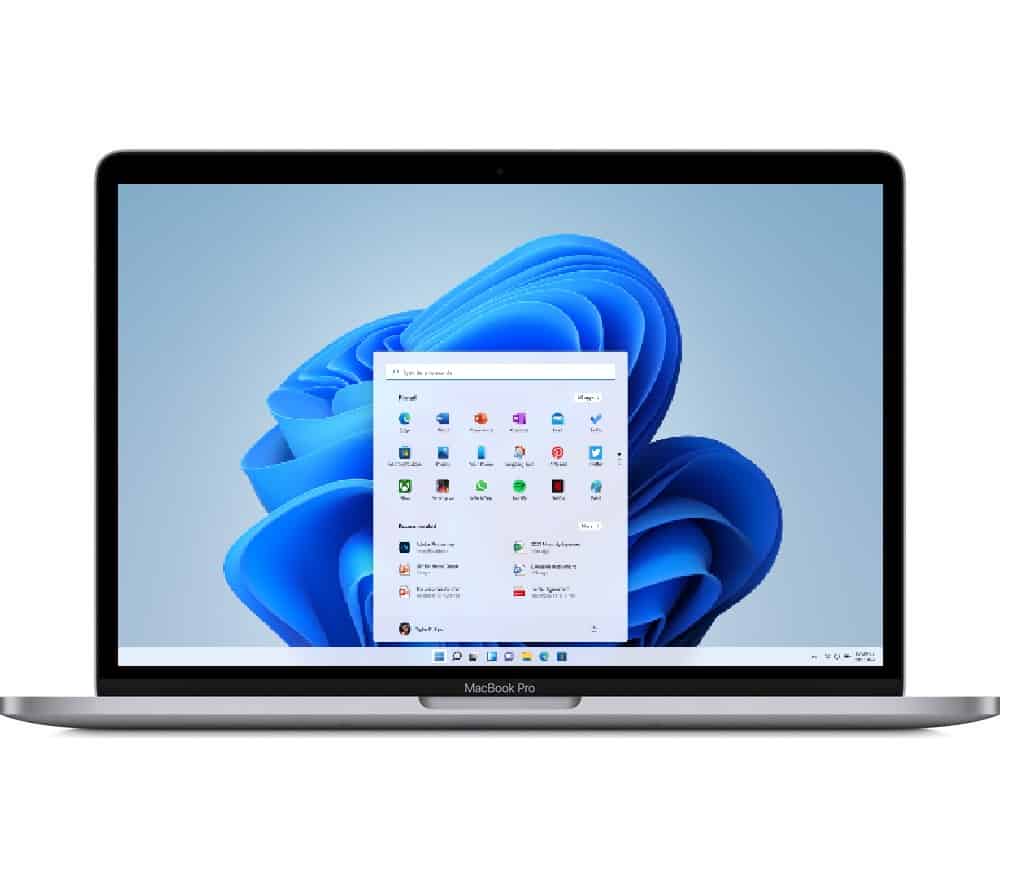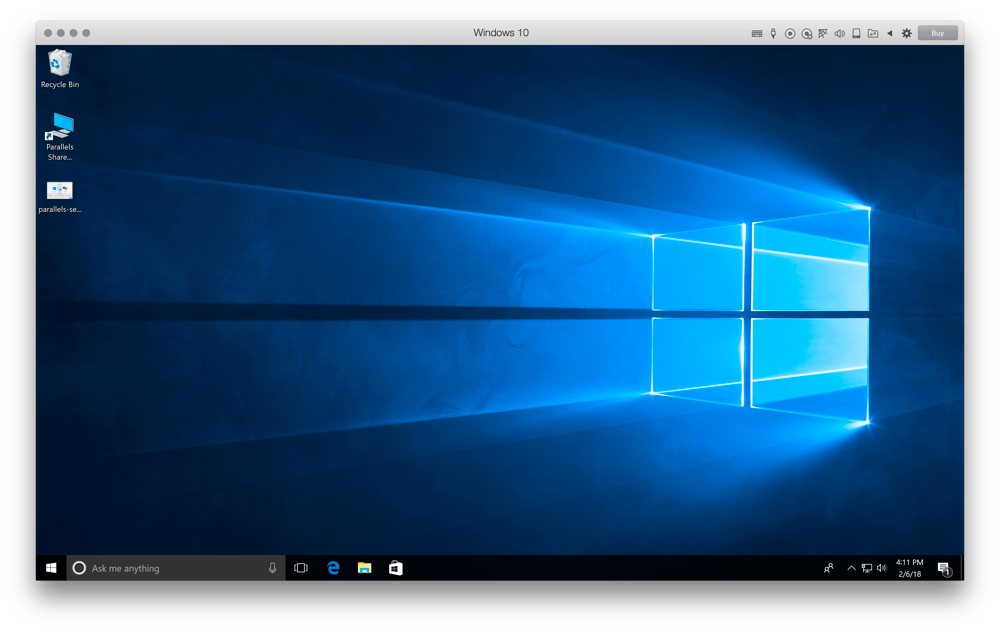

- PARALLELS FOR MAC TROUBLESHOOTING MAC OS X
- PARALLELS FOR MAC TROUBLESHOOTING INSTALL
- PARALLELS FOR MAC TROUBLESHOOTING PC
PARALLELS FOR MAC TROUBLESHOOTING INSTALL

We can simply reinstall it with the following steps: A specific component of Parallels Tools works as a sharing of network between Mac and VM and if it has not been installed correctly, that may be the network issue. But in virtual machine we need to perform a bit more steps and actions, because the reason for the dropped network connection could be different.Īs a first step, check the Parallels Tools performance. Once you’ve checked the network connection on the Mac side you should do the same thing on the virtual machine side. So in this case you need to check all of Mac settings and contact your provider or system administrator for help. Mac shares the network connection with the VM, and if you can’t connect to any website from the Mac side you won’t be able to do it from your VM.

By the way – many of the steps below are applicable to Windows PCs (not only virtual machines).įirst you need to check the network connection on the Mac side. We’ve got some easy troubleshooting steps. Select this option to allow the VM to connect to the host computer and the VMs residing on it and to make it invisible outside of the host computer.īut what if something went wrong? What if the default virtual machine setup does not let you surf the internet from Parallels Desktop side, what if the app hangs out which force quit command to use? Don’t panic.
PARALLELS FOR MAC TROUBLESHOOTING MAC OS X
Host-Only network is a closed network that is accessible only to Mac OS X and Windows.
PARALLELS FOR MAC TROUBLESHOOTING PC
In Bridged mode your VM will look like a standalone PC on the network. And last but not least is Host only mode. It’s the easiest to use because your VM can use any type of network connection available on the Mac to connect to Internet (Ethernet, wifi). Bridged mode is used when you want your VM to establish direct connection with your Mac network card. With Shared mode, we use the Mac connection to connect to the external network. Let’s summarize the purpose of each in brief: There are several network modes in Parallels Desktop which we covered is one of the past blogs: Bridged, Shared and Host Only network. Your Mac and Parallels Desktop virtual machine are no exception! Access to all this data wouldn’t be possible the actual network connection. Almost all the modern devices nowadays have a way to connect to the the network. Today we can’t imagine our life without information technology. Network troubleshooting commands are important for any VM user.


 0 kommentar(er)
0 kommentar(er)
